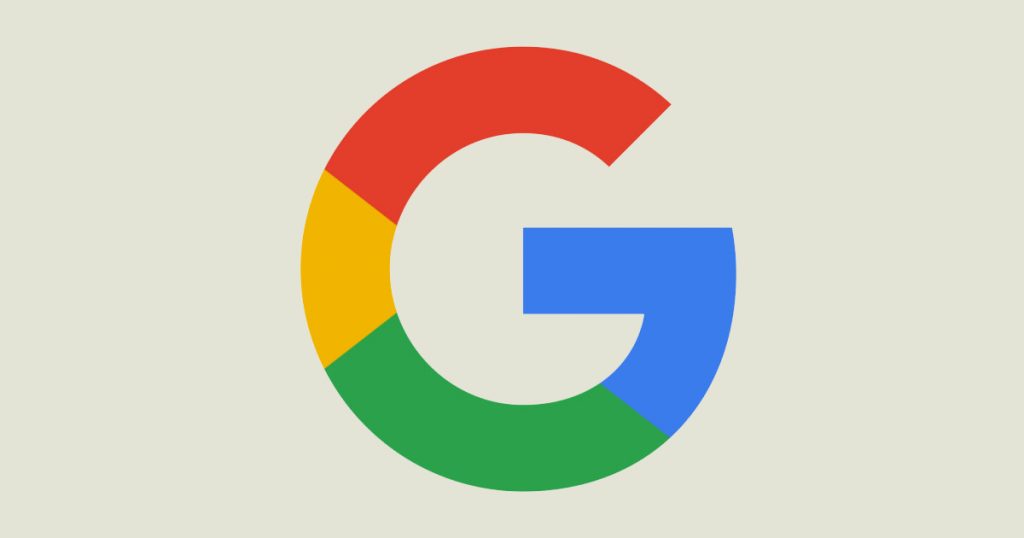
Last month Google released the article “What webmasters should know about Google’s core updates,” which covered what to do when Google’s algorithms change. Don’t worry if you missed the article because I’ll be reviewing it here.
We all know that Google is notorious for having significant updates every few months that can affect the ranking of our sites. But usually we’re aware and prepared for these core updates. However, sometimes an update occurs without our knowledge and our site drops rank. How could this happen?

Easy- Google updates every day. Yes, you read that correct- EVERY DAY! Some changes will go unnoticed because they’re small, while others hit you like “a ton of bricks.” In the case you where one of the unlucky ones hit, Google’s webmaster shared some auditing tips.
Here are the recommendations:
First, begin by focusing on the content.
- Ask yourself these questions when reviewing your content:
- Does the content provide original information, reporting, research or analysis?
- Does the content provide a substantial, complete or comprehensive description of the topic?
- Does the content provide insightful analysis or interesting information that is beyond obvious?
- If the content draws on other sources, does it avoid simply copying or rewriting those sources and instead provide substantial additional value and originality?
- Does the headline and/or page title provide a descriptive, helpful summary of the content?
- Does the headline and/or page title avoid being exaggerating or shocking in nature?
- Is this the sort of page you’d want to bookmark, share with a friend, or recommend?
- Would you expect to see this content in or referenced by a printed magazine, encyclopedia or book?
Next, check the expertise of your content.
- Does the content present information in a way that makes you want to trust it, such as clear sourcing, evidence of the expertise involved, background about the author or the site that publishes it, such as through links to an author page or a site’s About page?
- If you researched the site producing the content, would you come away with an impression that it is well-trusted or widely-recognized as an authority on its topic?
- Is this content written by an expert or enthusiast who demonstrably knows the topic well?
- Is the content free from easily-verified factual errors?
- Would you feel comfortable trusting this content for issues relating to your money or your life?
Then you’ll want to look at the presentation and production of your content.
- Is the content free from spelling or stylistic issues?
- Was the content produced well, or does it appear sloppy or hastily produced?
- Is the content mass-produced by or outsourced to a large number of creators, or spread across a large network of sites, so that individual pages or sites don’t get as much attention or care?
- Does the content have an excessive amount of ads that distract from or interfere with the main content?
- Does content display well for mobile devices when viewed on them?
Lastly, you’ll want to compare your content.
- Does the content provide substantial value when compared to other pages in search results?
- Does the content seem to be serving the genuine interests of visitors to the site or does it seem to exist solely by someone attempting to guess what might rank well in search engines?
Finally, you update all your content.
But how long will take for your site to recover? According to the article, the broad core updates happen every few months and the content that was impacted may not recover until the next core update is released. However, just because you made the updates doesn’t mean it’s a guarantee recovering.
“It’s also important to understand that search engines like Google do not understand content the way human beings do. Instead, we look for signals we can gather about content and understand how those correlate with how humans assess relevance,” states Danny Sullivan, Public Liaison for Search.
What does this mean? Let me give you an example.
Is your site user-friendly? Or are users clicking the back-click button quickly? Google is going to assess the back-click button faster than the written content on your site.
Overall, Google’s content audits are recommendations, not guarantees. Your job is to keep your site as user-friendly and relevant as possible.
By: Lauren Van Sloten
